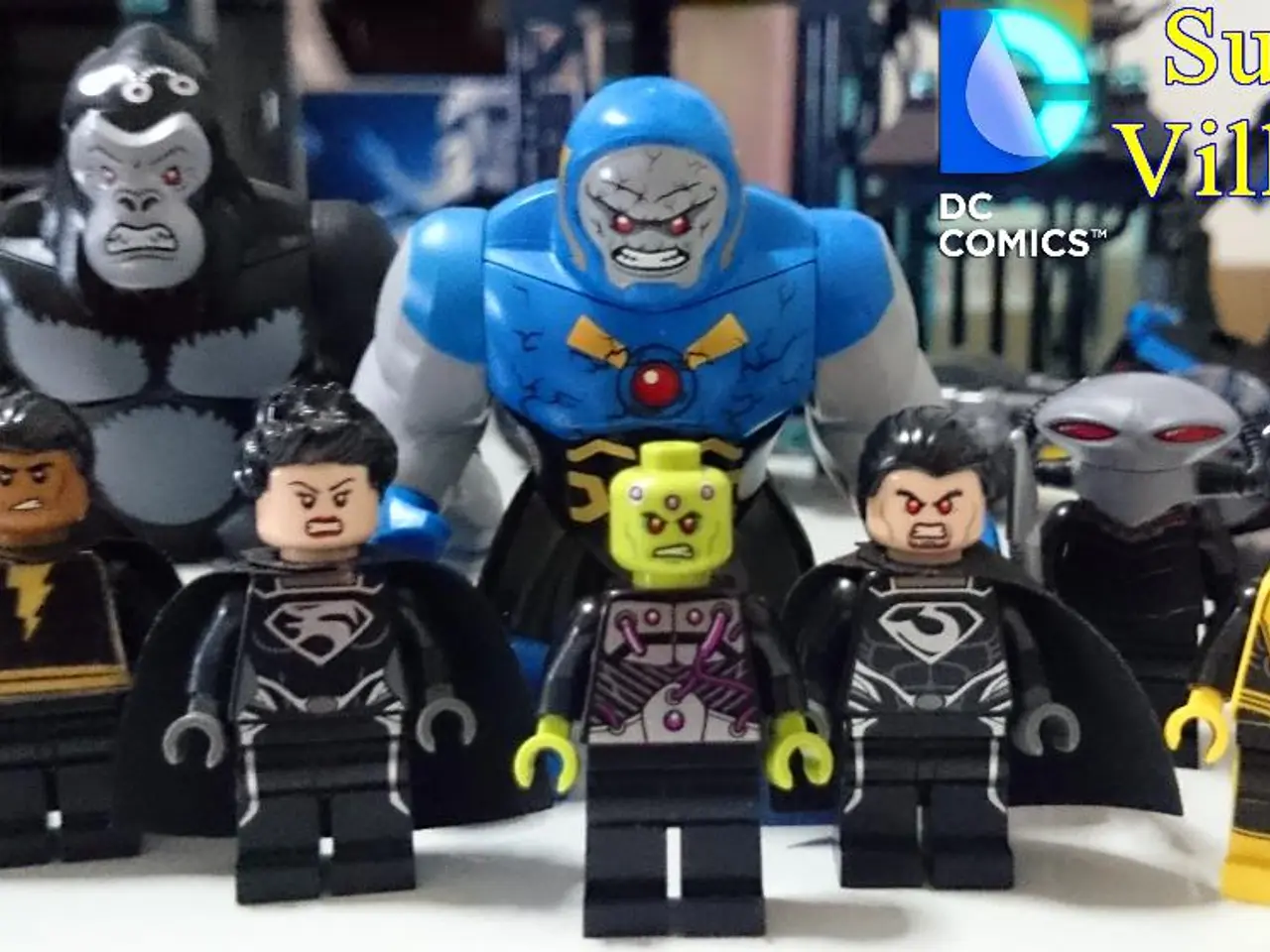Mattel to Maintain a Majority of American Toys Priced Under $20
In the ever-evolving world of toys, Mattel, a leading U.S. manufacturer, is navigating the impact of tariffs on its operations and consumer prices.
The current tariff rate on Chinese toys stands at up to 30%, a significant figure that has affected about 75% of toys sold in the U.S. This has led to a record 2.2% increase in toy prices in just one month, from April to May 2025.
Mattel, like other major companies such as Hasbro, faces higher costs due to these tariffs. However, the company's CEO, Ynon Kreiz, does not see consumers as more price sensitive compared to a year ago. Mattel's executives aim to keep prices as low as possible, with approximately 40% to 50% of Mattel's U.S. products priced under $20.
The consumer base has expressed concerns about prices impacting their purchasing behaviors, particularly during the back-to-school season, according to an ICSC report. Mattel expects the total tariff exposure for this year before any mitigating actions to be under $100 million.
Mattel's second quarter net sales were down 6% year over year, amounting to a little over $1 billion. The net income for the same period was down around 6% to $53.4 million. Despite these figures, Mattel remains optimistic, revising its full-year guidance with net sales now expected to be up 1% to 3%.
The toy industry is not just grappling with tariffs on Chinese imports. New tariffs on European toy imports, amounting to 15%, are set to take effect in July 2025, affecting companies in Belgium and France, among others.
Mattel has taken steps to adapt to this challenging environment. Last quarter, the company forecast a $270 million impact from tariffs. This quarter, Mattel released its first Barbie doll with Type 1 diabetes, demonstrating its commitment to diversity and innovation. The company does not anticipate any additional price increases this year.
The ongoing trade tensions are impacting toy supply chains and consumer prices, forcing the industry to adapt through price adjustments or cost absorption strategies. Smaller toy stores, in particular, feel the pressure as distributors increase prices or add surcharges to offset these tariffs. The industry's resilience in the face of these challenges is a testament to its enduring appeal and adaptability.
[1] ICSC Report on Consumer Confidence [2] NPR Article on Tariffs and Toys [3] CNBC Article on Hasbro's CEO Warning
- The AI-powered financial analysis of the toy industry indicates a potential surge in the prices of AI-integrated toys, due to the rising tariffs, which will coincide with the increasing demand for smart toys in the business sector.
- In light of the ongoing tariff-induced price increases in the toy industry, some finance experts believe that the integration of AI technology in toys could offer a viable solution for businesses seeking to maintain competitiveness, by reducing production costs and improving efficiencies.




